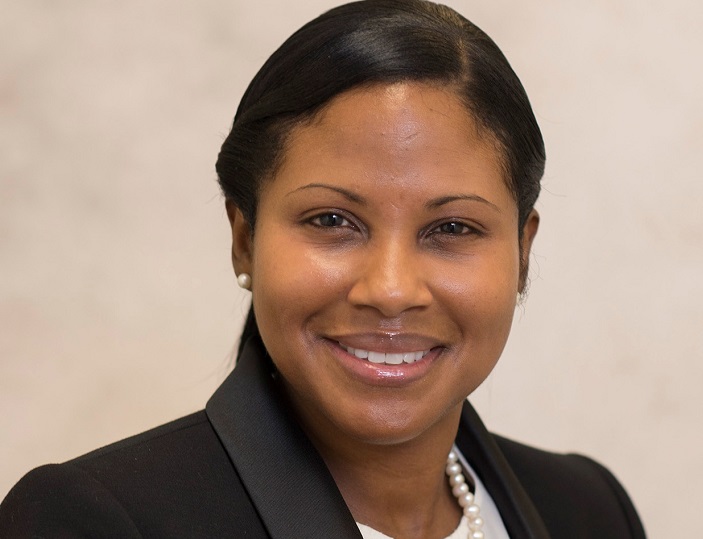
As one would expect from someone who works in the healthcare industry, Trina Parks takes a holistic approach to her job as the Corporate Senior Vice President and Chief Diversity and Inclusion Officer for RWJBarnabas Health, the largest healthcare provider in New Jersey, covering approximately five million residents and the state’s largest employer. Any strategy Parks creates to enhance diversity and inclusion must include all stakeholders representing the hospitals that comprise RWJBarnabas Health—from the Board of Trustees to the newest employee.
“Communication is key,” Parks said. “It starts with defining ‘diversity’ and ‘inclusion’ and their importance to the organization. With that as our starting point, we can begin the dialogue about where we are, where we want to go, and how we may strategically get there.”
Parks knows from experience that it takes more than gathering people around a table in a conference room to get them talking about diversity and inclusion. People have their own biases, both conscious and unconscious, and a big part of her job is helping them to set these biases aside to look at the bigger picture both as a moral and business case.
“We all have to realize that as healthcare providers become more responsible for the communities they serve, our organization must become more diverse and culturally competent to represent the people in our backyards,” Parks said. “You cannot keep doing business the same way and expect different outcomes. For a long time hospitals treated and released—we didn’t necessarily think about affecting changes in unemployment, unsafe housing, food insecurity, predisposed genetics and modifying behaviors. We have to evolve and adapt to our ever-changing demographics and community needs to ensure that we are culturally responsive to our employees, medical staff, patients, and families.”
Parks once operated under the guideline that equal access to all was the key; however, she now realizes that health equity requires us to assess everyone’s individual social determinants of health because we all do not start at the same place and have the same needs.
“The exciting part of this job is that it’s never stagnant,” Parks said. “We are always working on our strategic plans to enhance diversity and inclusion throughout our system. We may reach a particular goal and take the necessary time to ensure sustainability, but once it has become a part of our culture, we make it a point to move on to the next challenge. We are a service line that relies on humans to treat humans; therefore you will always have the humanistic component to counter.”


